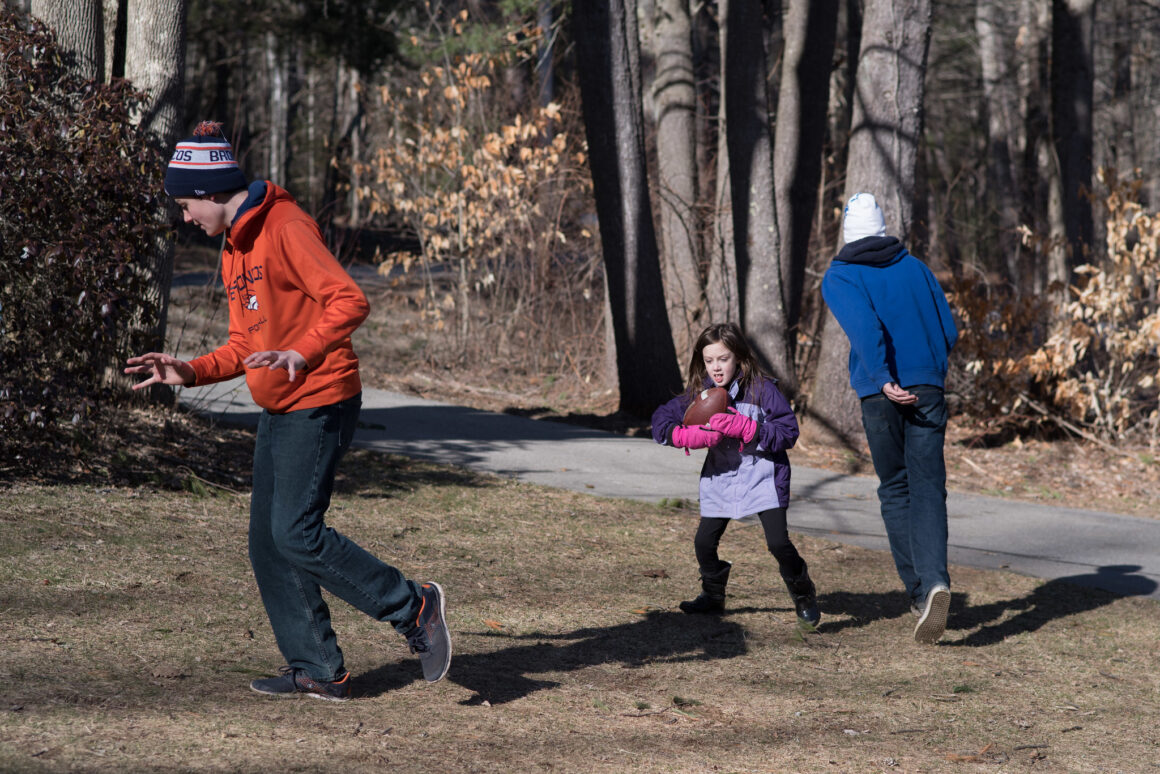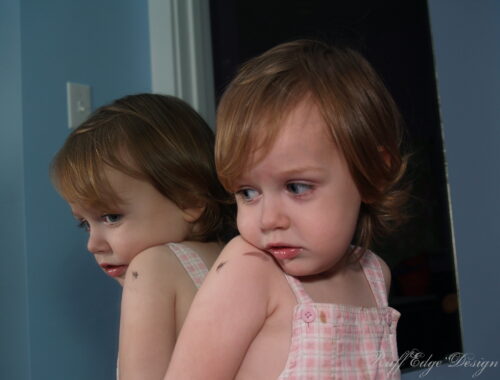
Taking a Safety
I got to the computer yesterday by way of Stephen Harrod Buhner’s Ensouling Language, a book I am still s-l-o-w-l-y making my way through (and now that I’ve shared it with Dennis, it’s often in his office, where I don’t see it to pick it up and read; but I’m not complaining; I am thrilled to share it with him and thrilled that he, too, is finding it profound).
The opening epigraph for chapter seven is what inspired me to write yesterday and I got no further in the book, but I didn’t actually get down what I thought the passage had ignited in my mind. Therefore, I went back to chapter seven and, again, got no further than that opening salvo before filling seven pages in my journal. Let’s see what I can make of them here.
First of all, the words aren’t even from Buhner (it is an epigraph, remember). They were written by poet/essayist Robert Bly:
The New Critical ideas do not apply at all. Readers go on applying them anyway, in fear of the content they might have to face if they faced the poem as they face a human being.
I find that interesting, but I don’t believe Bly.
What, exactly, is the man alleging and why? He’s talking about academic ways of looking at writing, which he has little use for. (Aside: for much of my life, I believed that academia was the cat’s meow because I equated schooling with education—big mistake. When I realized the error of my ways and had been leading my kids in education for years, I came to hate everything about academia. Now, though, I HATE everything about academia.) So, what’s Bly’s problem with academic ways of looking at writing? Well, he believes that poetry should be written with emotion and, therefore, read in a state of receptivity to emotion, but what are we doing when we dissect it, apply tenets of Russian Formalism or Deconstructionism to it, and write papers on what an author means by the word “dead”? We are neutering the poetry, rendering it safe for human consumption, and draining it of all its power and enchantment. We do exactly the same thing with God when we systematize how we should relate to Him: packaging it all up with rules and regulations, vestments, tenets, dogmas, doctrine, rubrics, theology, and judgments, then slapping the label Religion on the box and sending it down the conveyor belt. (That reminds me: what is school other than putting a child on a conveyor belt and not letting him get off until he reaches the end of the line, which is marked Success?) Neither poetry nor God nor human relations should be safe. If you want safety, you’re going to have to trade something for it, usually freedom and/or honesty.
I’m sure Bly considered himself an honest man. He probably even described himself as brutally honest, so was he lying or deceived when he wrote those words about how poetry tends to get read? My guess is that he was deceived by the cognitive dissonance from which most of us suffer and truly believed that keeping poetry at a safe emotional distance somehow differs from how we interact with other humans.
It’s an understandable mistake. Emotions are messy and raw and terrifying, and we’d prefer that you keep them to yourself, thank you very much. (Oh, and don’t praise God too genuinely or with too much joy; just stick to the script.)
Hey, that reminds me: what do you think of these heartbreaking tweets I came across yesterday?
I recently had someone tell me it’s been a bit & I should try to get over it. “It” being the death of my daughter. The one I gave birth to knowing I wouldn’t ever see her live. It’s been 2 months. TWO. Pray tell how you just get over that shit so quickly. I’m all ears.
It’s out of utter ignorance, not malice, in most cases. But what they often mean is “your tragedy and grief makes me feel awkward and weird so can we just get back to normal? K thanks!”
See what I mean? There’s a real life example for you, and hey, even better, I don’t have to share more of my emotional pain, making you all feel really awkward and super unsure about how you’re going to deal with me the next time we have to interact.
Where was I?
Oh, yes. Are emotions ever allowed in our culture? Well, yes, in a few instances. Since we’re talking about poetry (not that many people read much of that these days), I’ll start with books, movies, songs, and plays: it’s perfectly fine to feel like Taylor Swift understands you deep down, so go ahead and belt out her songs when you’re alone in the car or in your room. Feel free to cry at the end of Lord of Rings. And Pride and Prejudice? Absolutely. You should be carried away with joy as you close the book because Elizabeth finally gets her man and goes on to live happily ever after.
How about other times in which it’s acceptable to express emotions? Well, when alcohol’s involved, have at it! In fact, it’s perfect. We can tell people how we really feel, then take it all back with the excuse, “Oh, well, you know. I had a little more than I should have. Don’t read too much into what I said.”
Then there’s sports. Lavish as much love and hate on football teams, players, and coaches that you can muster. Let it all out. Yell; scream; jump up and down; throw things; hit things; wear ridiculous wigs, makeup, and clothing; invest huge quantities of time watching the games, listening to the critics, and arguing with your friends and co-workers. Oh, and while you’re at it? Drink all the beer! What could be better? If you’re going to go in, go ALL in.
After all, it’s easy to connect with another Patriots fan or another drinker, isn’t it? Easier, in fact, than it is to connect with your own spouse or children or siblings. Have you ever found yourself telling strangers things you would never dare tell your closest friends or relations? You’d better believe that I have. In fact, talking to strangers was pretty much a compulsion with me. I guess I was constantly working to add to the People Who Might Like Me column, trying to connect with everyone I ever met and priding myself on being able to continue relationships with people who treated me like shit. One time I dragged Dennis to an investment club meeting because the guy I talked to each frigid early morning at the bus stop (when I was swimming a mile before work at the hotel pool a block away from the office) invited me and said it would be great (it wasn’t). Then there was the time I said, “Sure!” when an ex-boyfriend (who had dragged my heart through the mud and stomped on it until it was so pulverized I no longer recognized it) asked if he could stay with me and my sister while he spent Spring Break checking out Denver and looking for jobs in banking. I still have pictures of him, Dennis, and me at the zoo and in Boulder. Now that I think about it, it’s not possible that I give Dennis enough credit for putting up with the way I used to see reality. I love that man.
So, Mr. Bly, people who hide behind literary criticism to protect themselves from being emotionally ravaged by a poem are doing exactly what we’ve all been trained to do with the people we’ve been told we’re supposed to trust.




